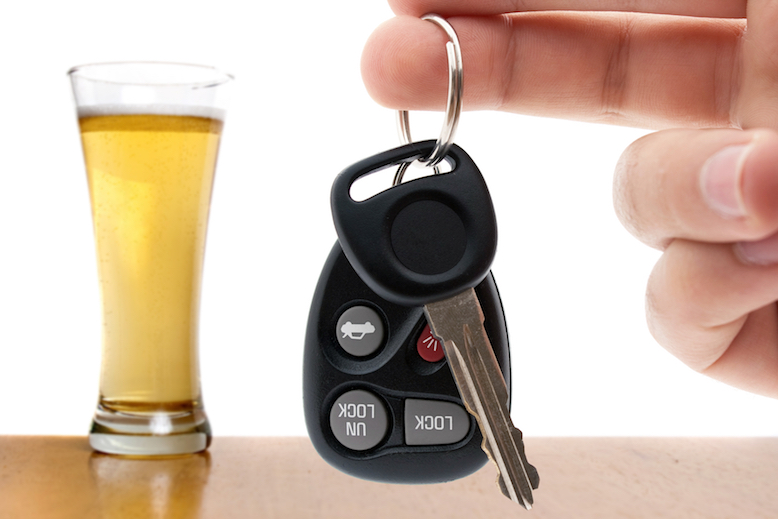Are You Eligible for a Hardship Privilege?
If you’re arrested for Driving While Intoxicated (“DWI”), your license will likely be suspended at your arraignment. But what about getting to work? How about attending classes at school? Or if you need to get to the doctor? In some cases, your attorney may be able to get you a hardship privilege. Here, we’ll discuss the hardship privilege and how to prepare for such a hearing.
Will My License Be Suspended?
In most DWI cases, a defendant’s license will be suspended at arraignment. If you took the chemical breath test and there is a reading of 0.08% or more, a judge will suspend your license. After 30 days, you may be eligible for a conditional license.
If you refused a chemical test, you will not be eligible for a hardship privilege. Your license will be suspended until you have a chemical test refusal hearing. Thereafter, your license may be restored or revoked for one year. There are also other circumstances where you won’t be able to apply for a hardship privilege, such as a prior DWI.
If there was no breath test but you gave blood, there likely won’t be test results at your arraignment. Your license won’t be suspended at your arraignment in this circumstance. It will likely be suspended later once there’s a positive result for drugs or alcohol.
What is a Hardship Privilege?
During the 30 days before you are eligible for a conditional license, you may be eligible for a hardship privilege. To get such a privilege, the court must find that there is an “extreme hardship” in finding alternative means of travel to and from work, medical appointments, and/or school.
Note that the hardship privilege will not allow you to drive a commercial vehicle. You also won’t be able to drive to and from job sites, but only to and from your primary work location.
The finding of hardship will be based on certain considerations:
- Whether public transportation is available
- If public transportation is excessively time consuming or too expensive
- Whether cab or taxi fare is too expensive
- If a friend, family member, or co-worker can drive you
How Do I Apply for a Hardship Privilege?
After surrendering your license at arraignment, your criminal defense attorney will make a request for a hardship privilege. The judge may order a formal hearing to determine whether the hardship privilege is warranted. Alternatively, the judge may ask your attorney to make an oral application for the privilege, accepting the attorney’s representation as to what the evidence and testimony would show should a hearing be held.
At the hearing, you will likely testify about the circumstances of your commute and the alternative options you researched. You should also have the following proof with you:
- A document showing your home address, if the address on your license isn’t correct
- A document showing your work address
- Proof of salary
- Information on bus travel, with pricing
- Information on train travel, with pricing
- Pricing on cab or taxi fare
Also at the hearing, you will need to show that you can’t carpool with a co-worker. Further, you must not have a friend or family member who can drive you to work or school. You will also need an independent witness who can corroborate your traveling circumstances.

